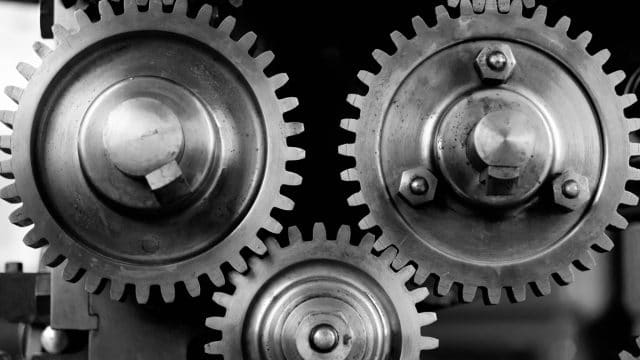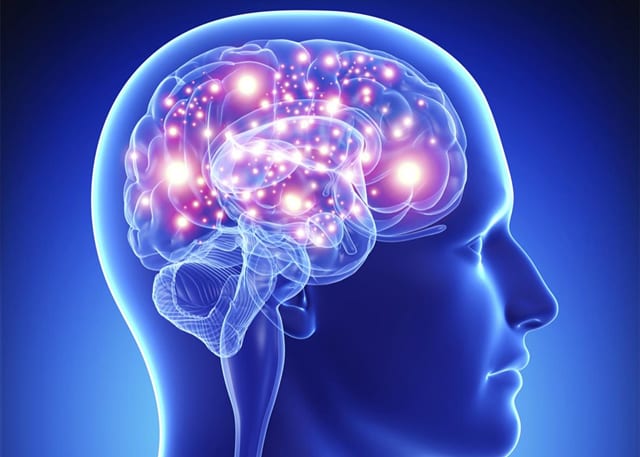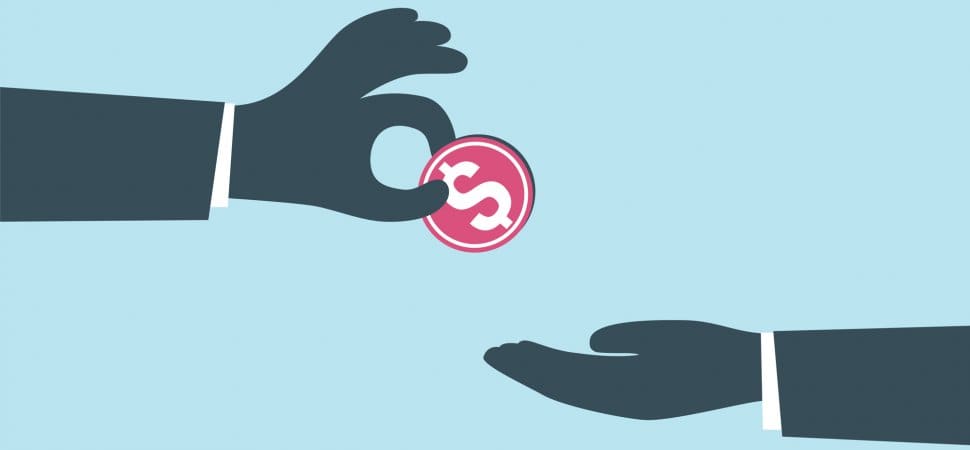Informing Prostheses Development & Training via Brain Dynamics
THE ISSUE:
When it comes to assistive technology, such as a prosthetic limb, there is much more to consider beyond the mechanical functionality of the prosthesis and its sensors. Self-efficacy, the individual’s level of confidence in their own ability to complete a given task, and mental workload, the subjective cognitive experience of a given task demand, are both important factors that influence performance level. By focusing on these two factors, the development of assistive technology can be better informed, which may result in decreased rehabilitation time and increased overall performance levels.
OUR RESEARCH:
Our goal is to explore the relationship between motor performance, mental workload, and self-efficacy. We will monitor brain activity and collect survey responses of study participants regarding their performance of a reaching task using head movements to control a virtual robotic arm. Our proposed project has several applications including, but not limited to, the development of and training with assistive technology. Much of the current research on assistive technology focuses on engineering and design, whereas our research will explore the underlying brain activity that affects how well users will learn to control these devices. In addition, our research seeks to fill the gap for long-term studies by measuring performance over multiple sessions.
WHY WE NEED YOUR HELP:
In order to collect the necessary data, we must recruit participants of certain criteria. A large number of participants translate to significant results that can be used to decrease the learning curve associated with assistive technology. In addition, we will need a large sample size to account for technical difficulties and the high drop out rate associated with long-term study. Our study requires participants to perform a task over a span of approximately 8-10 sessions. The recruitment of these participants requires proper compensation for their time and efforts.
In addition, your donations will help us get to conferences! By attending conferences, we will have the opportunity to present our findings to experts in the field who can help us improve our research.
CONNECT WITH US:
We would love to get to know you! Please visit us on these platforms:
Website: https://gemstoneteamreach.wixsite.com/2022/the-project Facebook: https://www.facebook.com/gemstoneteamreach/
Instagram: https://instagram.com/gemstoneteamreach?igshd=16z5hb1cfirpf
Email: gemstoneteamreach@gmail.com
Gifts in support of the University of Maryland are accepted and managed by the University of Maryland College Park Foundation, Inc., an affiliated 501(c)(3) organization authorized by the Board of Regents. Contributions to the University of Maryland are tax-deductible as allowed by law. Please see your tax advisor for details.
$10
Recruitment
With a $10 donation, we can purchase supplies to recruit participants.
$25
One Session
With a $25 donation, we can fund one complete practice session for one participant.
$50
Transportation Fees
With a $50 donation, we can pay for the transportation fees of local conferences.
$100
EEG Maintenance & Supplies
With this $100 donation, you can fund EEG maintenance and supplies such as caps, electrodes, IMU sensors, and more.
$250
All Sessions for 1 Participant
With this $250 donation, you can fund all practice sessions for one participant.









